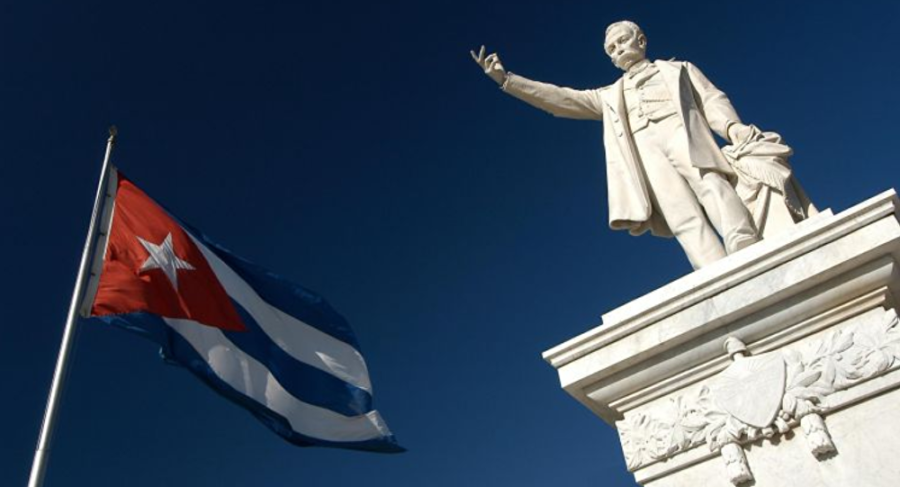Caracas, May 19, 2025 — José Martí, a prominent leader of Cuba’s independence movement and an influential intellectual, was killed in combat on May 19, 1895, during the Cuban War of Independence.
His death occurred at the Dos Ríos Battle, in the province of Oriente, where he was fighting alongside his compatriots against Spanish colonial rule.
Martí was born on January 28, 1853, in Havana, Cuba. From a young age, he showed a strong commitment to the cause of independence, which led to his imprisonment and exile. Throughout his life, Martí became a prolific writer and a tireless advocate for freedom and social justice.
In 1895, Martí returned to Cuba with the aim of leading a new uprising against Spanish colonialism.
Although he did not serve as a military commander in the traditional sense, his leadership and ideals inspired many Cubans to join the struggle.
Dos Ríos Battle
On the day of his death, Martí was leading a group of soldiers on a mission to attack Spanish forces. During the confrontation, he was gravely wounded by a bullet that pierced his chest. Despite receiving immediate medical attention, he did not survive. His death was a severe blow to the Cuban revolutionaries and to all those who believed in his vision of a sovereign Cuba.
The figure of José Martí remains essential in both Cuban and Latin American history. His writings on liberty, social justice, and national identity continue to inspire generations.
In Cuba, he is regarded as a national hero, and his legacy is commemorated each year in various tributes.
Martí is also known for his humanist approach and his ability to unite diverse ideological currents around the common cause of independence. His famous poem “Versos Sencillos” and his essay “Nuestra América” are just a few of the works that reflect his profound thought and love for the Patria Grande.
